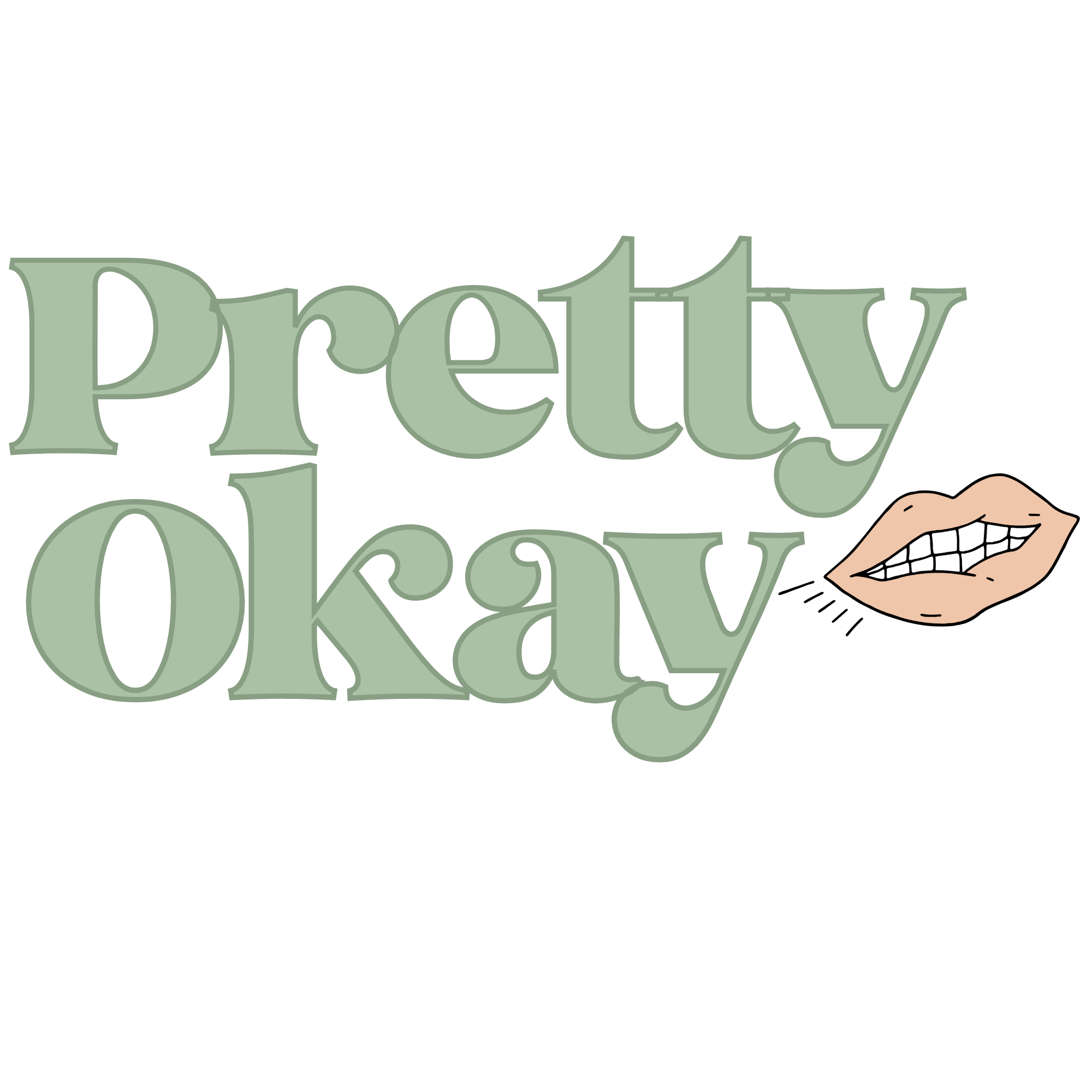How To Cover Your Ass In The Creative Industry
The 4 types of contracts you need:
Client service agreements
Collaboration/Partnership agreements
Vendor agreements
Employee/Contractor agreements
Client agreements
The best way to keep yourself out of hot water is to have everything in writing. Even if you think it probably won’t happen, put it in there. Contracts were formed because crazy things have happened at one time or another and someone had to learn the hard way. If you don’t have a contract with your clients, it’s time to get one ASAP, even for your existing ones. Here’s a brief overview of what your client contracts should contain:
Details of the product or service including deliverables
Payment schedule, refund policy, termination agreement
Rights of ownership
Copyright for materials
That’s just a place to start. Your contracts will evolve pretty quickly as you discover what works best for you and your business.
Collaborations and Partnerships
If you’re working with another brand or business, having a contract in place before you start will outline deliverables and make expectations crystal clear. It’s just a good idea to have these things in writing so there’s no confusion about who is responsible for what aspect of the collaboration.
Vendors
If you use consistent vendors for supplies or products, make sure you have a contract in place with them, no matter how much you trust them. Having a contract will ensure they hold up their end of the deal each time and that you’re never caught by surprise. I can’t tell you how many clients I’ve had that come to me in a financial crisis because their long-term supplier suddenly threw them for a loop by doubling their prices without warning or terminating the agreement altogether. Even if it’s just to build in a buffer of time to protect yourself, contracts can make sure you’re never caught by surprise.
Employees and Contractors
Whether you’re 1099ing your contractors or have a staff of 12, contracts are a must. This is a great place for you to outline job expectations and requirements. Of course, you’ll want to clearly define roles and responsibilities along with compensation. This serves as a way to protect you whenever you (unfortunately) decide to let someone go.
Contracts can serve many different purposes for your business, but most importantly they are something that everyone involved can check back on at any point to reference if there's a question about what the working relationship is supposed to include, what the agreed-upon deadlines are, payment expectations and much more. So, when in doubt, cover your ass

